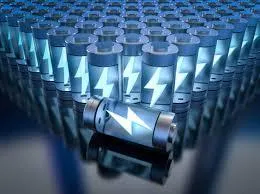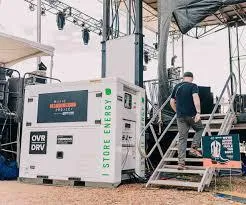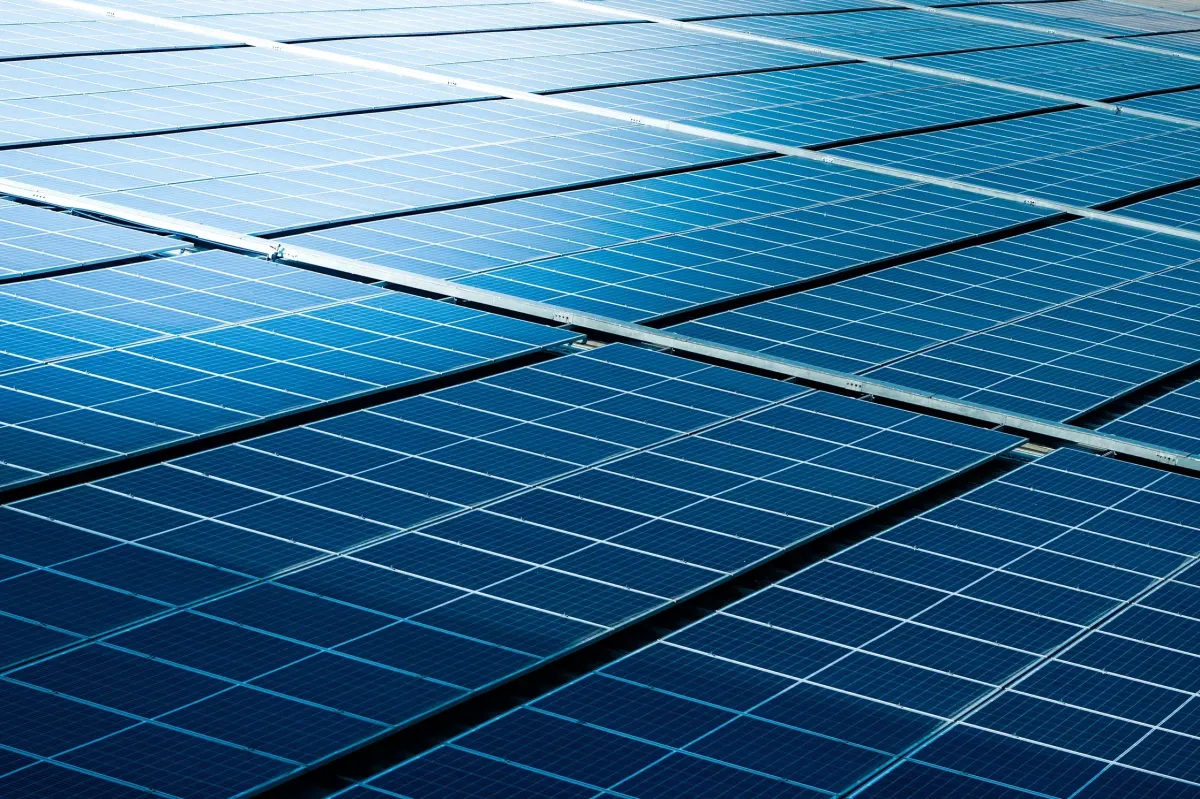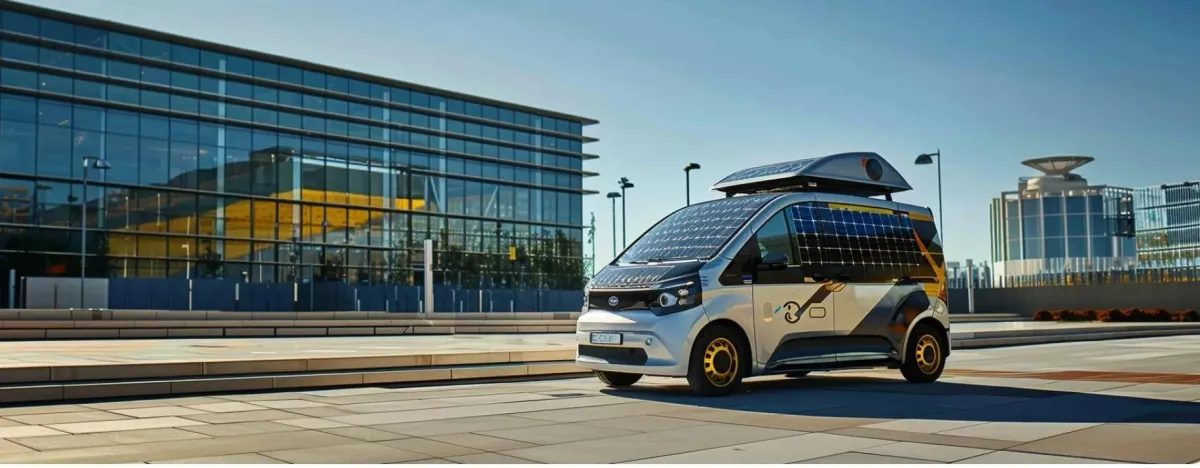The Sunlight Energy Storage Revolution is Here
REFINE THE FOCUS...
If you’re harnessing the sun’s energy for environmental abatement and restoration, click below for a free report on how to maintain your lithium batteries to maximize charging cycles and extend battery life.
We specialize in optimizing your power generating stations for reliable consistency and output.
There are substantial profits off of sunlight -let us show
you how
Click Below for a Free Report
Remote Work Sites
Solar generators can power essential work equipment, such as pumps, valves, cameras, laptops, phones, and lights
Off-Grid
Solar generators can be used as a stand-alone power generation system in off-grid cabins, RV living, and solar homes
Emergencies
Solar generators can be used as a backup power source to keep communication lines open and power essentials
MicroGrid
Solar generators can power remote areas that are not connected to the power grid, providing access to lighting, communication, and healthcare.
Outdoor Events
Solar generators can be used to provide power for lighting, sound systems, and food preparation.
Construction and job sites
Solar generators can be used to power tools, machinery, and lighting for remote construction, soil abetment, relays and temporary sites.
Why Us?
The Best Solution is One That Works Every Time
Unleash the power of perfection with our meticulously engineered solutions—built to conquer any challenge, designed to last a lifetime, not just long enough for the new model to be released.
Our journey began orchestrating the sonic landscapes of colossal outdoor festivals, earning accolades with our monumental audio marvels. In the heart of electrifying festival chaos, we discovered the indispensable value of fail-safe innovation—where second chances are myths and resourcefulness reigns supreme. Discover the birthplace of overkill engineering — our answer to the relentless quest for perfection in the event industry. Driven by the often finicky nature of gas and diesel generators that notoriously flop at the eleventh hour, guzzle costly fuel, and belch pollutants while raising a ruckus.
Experience power delivered with unwavering reliability, sheer silence, and absolute efficiency.
Our quest for reliability led us to the brilliance of solar energy—seeking not just solutions, but guaranteed serenity. Now, we champion the relentless pursuit of stability in solar power for business magnates, site guardians, production maestros, and off-grid aficionados, lighting the path to their ultimate tranquility.
What We Do
Soil Vacuum Extraction Demand
Discover the Power to Protect: Our cutting-edge remote solar system thrives under the most demanding conditions, ensuring your regenerative blower runs nonstop, around the clock. Join the critical mission to safeguard groundwater!
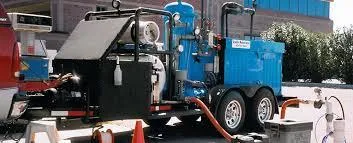
Custom Fabrication
Crafting Your Perfect Power/Solar Solution: Tailored to Your Unique Needs, Fueling Your Most Challenging Tasks!
Metal Fab
3-D Printing (plastics, metals, woods, synthetics, composite)
Electrical Looms
Air-Bag Suspension (critical electronics)
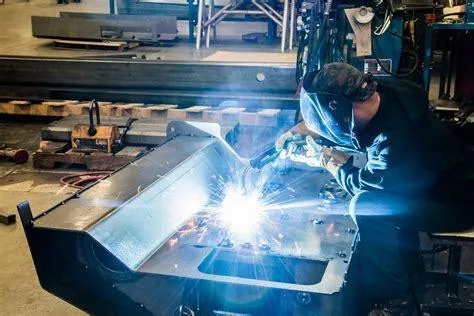
LiFePO4 Lithium-Ion / Solar
The future of power on demand is LifeP04Lithium-ion
Solar Trailers / Solar Generator Power Distribution
Revolutionize your energy needs with custom solar trailers designed to tackle your specific challenges.
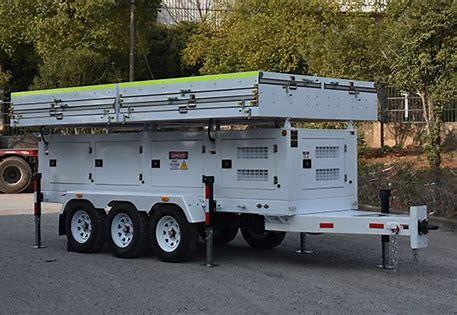
Energy Storage Management System
Intelligent, efficient and highly aware systems of every single aspect of your power system
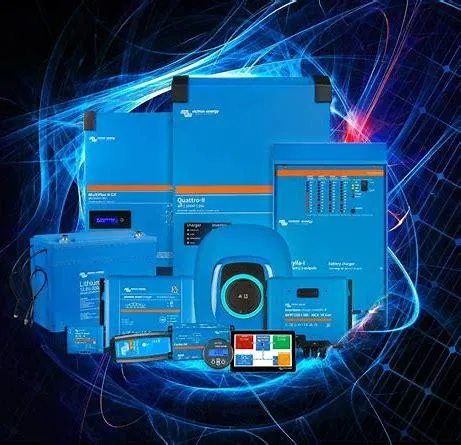
Tour Bus and Entertainment
Your production home away from home!
Transform your RV, tour bus or Production RV into a perfect solution.

Mobile Power Plant
Mobile power on tap!
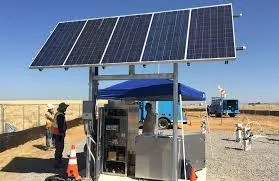
Solar EV Charging Systems
Recurring revenue system for your business
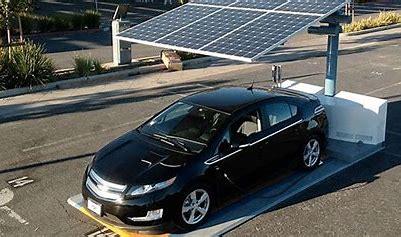
Emergency Power Solutions
Emergency Power Pods
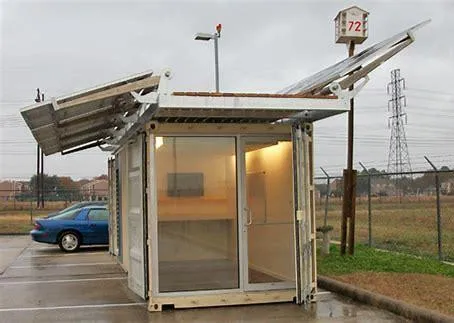
Solar Stages
Solar Powered Festivals

Testimonials
Remote sites without grid power are absolutely nightmares, Mike engineered a solution that works, and the home office can monitor remotely.

Jehny
SVE Texas
I hired Engineered Overkill to upgrade our production RV solar and battery system. Mike killed it, absolutely engineered a system that can handle low sun and still run a massive stage plus all the employee requirements backstage. Highly recommend.

Jim
Awaken the Night
We needed a solar pump system with feeder to 5 sites, every vendor failed, and we had sites down for months. Mike engineered a system with remote control, and we can monitor every aspect, site hasn't gone down once in 7 months.

Trish
Hydro Techniques
FAQS
Why is custom fabrication needed for LifeP04 Li-ion batteries?
When upgrading from lead-acid to lithium-ion batteries, several compatibility issues can arise due to the fundamental differences between these two battery technologies.
Here are the main reasons for these issues:
1. Different Voltage Profiles Lead-acid batteries generally have a nominal voltage of 2V per cell, and they are usually connected in series to create a system with a typical voltage of 12V, 24V, or 48V, depending on the application. Lithium-ion batteries, on the other hand, typically have a nominal voltage of 3.6-3.7V per cell. This means that a lithium-ion battery will require a different configuration (in terms of the number of cells) to match the required voltage of the system. If the system is designed specifically for lead-acid batteries, it may not be able to handle the voltage levels from lithium-ion batteries without modification.
2. Charging Requirements Lead-acid batteries are typically charged using a constant voltage (CV) method with a fixed charging voltage, which gradually decreases as the battery charges. Lithium-ion batteries require a more precise charging profile that involves both constant current (CC) and constant voltage phases. Lithium-ion batteries also need more sophisticated charging circuits to prevent overcharging and to monitor each cell's voltage. This difference means that the charging system for a lead-acid battery may not be suitable for lithium-ion batteries without upgrades or modifications.
3. Battery Management System (BMS) Lithium-ion batteries often come with a Battery Management System (BMS) that monitors individual cell voltages, temperatures, and overall battery health to ensure safe operation. Lead-acid batteries typically do not have this kind of system, as they are simpler and do not require the same level of monitoring. If you switch from lead-acid to lithium-ion, the existing system may not support the BMS needed for lithium-ion batteries, which could lead to safety risks or improper functioning.
4. Energy Density Differences Lithium-ion batteries have a much higher energy density compared to lead-acid batteries. This means that for the same amount of energy storage, a lithium-ion battery will be smaller and lighter. However, if the system wasn’t designed with the energy density of lithium-ion batteries in mind, it might not be able to properly utilize the higher capacity or efficiently manage the increased performance.
5. Discharge Characteristics Lead-acid batteries have a relatively flat discharge curve, meaning their voltage stays relatively stable until the battery is nearly depleted. Lithium-ion batteries have a steeper discharge curve, where the voltage drops more rapidly as they discharge. This difference in how the batteries deliver power can cause issues with devices or systems that were designed for lead-acid batteries, as they may not function correctly with the voltage variations from a lithium-ion battery.
6. Size and Weight Considerations Lead-acid batteries are typically much bulkier and heavier than lithium-ion batteries for the same energy capacity. This difference could affect how the battery is mounted, distributed, and integrated into a device or system. While lithium-ion batteries are lighter and more compact, the system might need adjustments or modifications to accommodate the different physical dimensions and weight distribution. Solutions for Compatibility Upgrading the charging system: Ensure the charging system is compatible with lithium-ion battery requirements, including proper voltage and current control.
Using a compatible Battery Management System (BMS): Install a BMS to handle cell balancing, temperature monitoring, and voltage regulation. Reconfiguring voltage setups: Adjust the battery configurations (number of cells in series and parallel) to ensure the system matches the required voltage. Reassessing space and mounting options: Modify or adapt the space and mounting for the smaller, lighter lithium-ion batteries.
Overall, while upgrading from lead-acid to lithium-ion offers significant benefits (like lighter weight, better efficiency, and longer lifespan), it often requires system modifications to accommodate the different properties of lithium-ion technology.
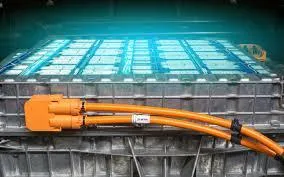
Why is lithium-Ion upgrades so complicated?
Lithium-ion upgrades are complicated because they involve several interrelated factors:
Battery Chemistry: Lithium-ion batteries have a specific balance of materials and chemical reactions that allow them to store and release energy. Changing the battery’s design or chemistry can impact performance, safety, and longevity. Compatibility: Upgrading a lithium-ion battery requires ensuring it works well with the existing system (like a phone, laptop, or electric vehicle). Different devices use different voltage and power requirements, so you need a battery that matches those specs.
Safety: Lithium-ion batteries are sensitive to temperature, overcharging, and physical damage. Upgrading requires addressing potential risks like overheating, fires, or leaks. Any change to the battery or its charging system must consider these hazards.
Cost and Materials: The materials used in lithium-ion batteries are expensive and sometimes scarce. Upgrading typically involves sourcing higher-quality components that could be costly and difficult to find.
Regulatory and Environmental Concerns: Lithium-ion batteries are subject to strict environmental and safety regulations, so any upgrade needs to comply with these standards, which can vary by region or application. In short, upgrading lithium-ion batteries is challenging due to the need for precise balancing of chemistry, safety, cost, and compatibility with existing technology.
Will upgrading to a lithium-ion battery improve my systems performance or battery life?
People often wonder if switching from an older battery technology (like nickel-cadmium or nickel-metal hydride) to a lithium-ion battery will provide significant improvements in how long the battery lasts between charges, how quickly it charges, or how it performs overall in their devices -Yes, it will!
Mobile Solar / LifeP04 Projects
Overdrive's mission is to provide innovative, reliable, and sustainable energy solutions to the live event industry and beyond, significantly reducing environmental impact while remaining cost-effective.
Experimental cells that combine silicon with a material called perovskite have broken the efficiency record for converting solar energy—and could eventually supercharge how we get electricity.
Happening this weekend (May 11-12), event organizers say the initiative will make it the first U.S. festival to be powered by 100% renewable energy.
The Solar Powered Tent Concept (also known as the kaleidoscope solar tent for environmentally-friendly eco-tourists) was a result of camping festivals. It was thought up because partygoers always need to keep in touch with mates while they’re camping and roaming around the festival site.
Mobile LAN Party - Your Ultimate Gaming Connection Portal is rolling into your city! Get ready to link up with fellow enthusiasts. (Video Chapter min2:2640)
Service vehicles play a crucial role in many businesses in the automotive industry, yet rising fuel costs and environmental concerns are persistent issues technicians face. (Video Chapter min2:2640)
